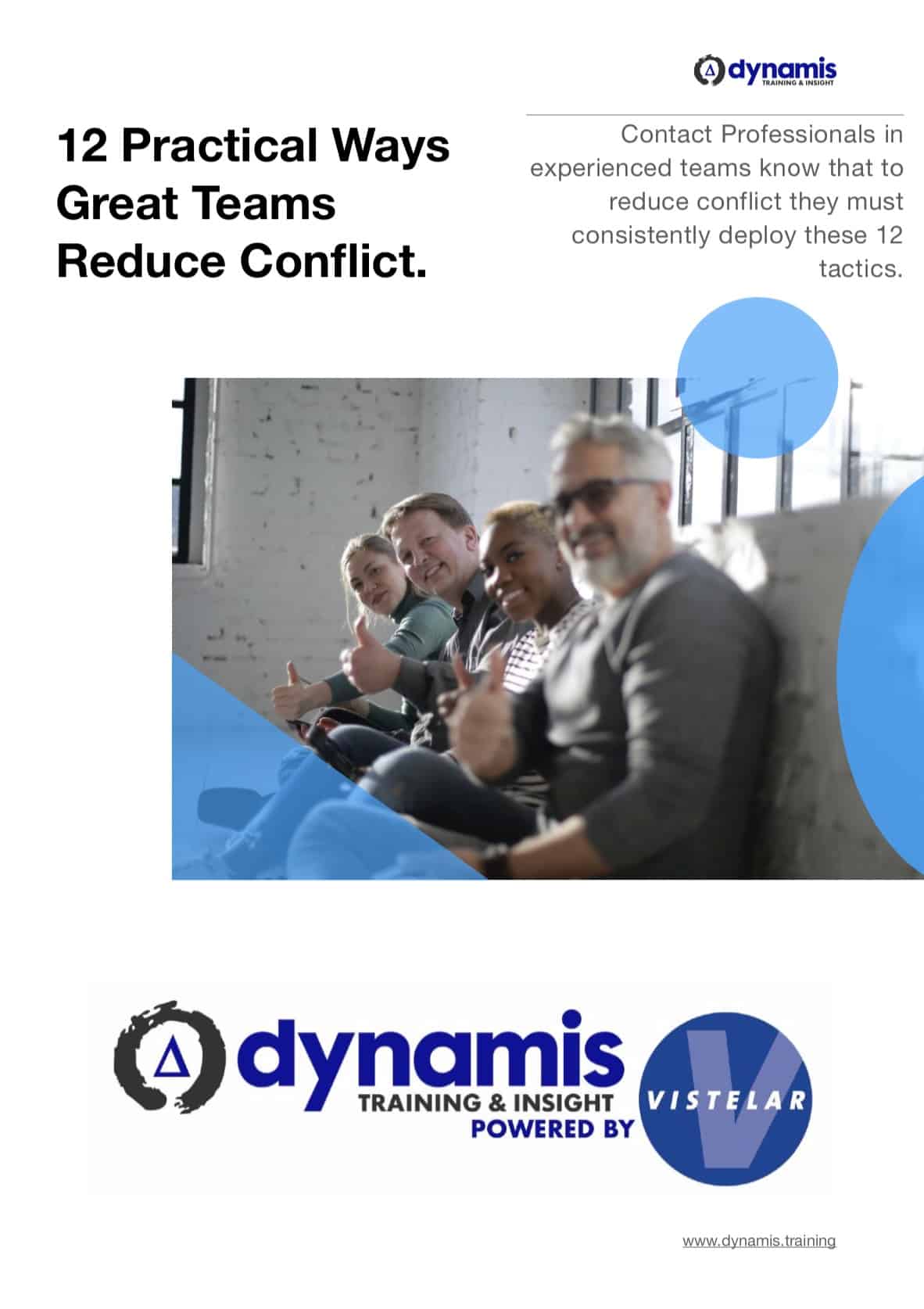Care Home for Children
Care Home for Children Case: A group of care homes were looking for a modern, up-to-date approach to dealing with physical challenges with young people in their care. Their young clients can present particularly risky behaviours, often with roots in ADHD, foetal alcohol syndrome or a tragic history of abuse and neglect.
Who engaged Dynamis:
The educational psychologist attached to the Care Home for Children sought out and found us as the training provider of choice for this group. He had been working on a programme of change and in-depth training to further raise the already high standards of care.
Why Dynamis was asked to help:
A colleague and training partner of ours, who had attended a number of our courses including our Personal Safety Trainer certification course, recommended us to the group as a high-quality provider which could be relied upon to meet their specific needs.
Key Issues declared by staff:
- children with foetal alcohol syndrome and traumatic backgrounds
- high levels of aggression and sudden but prolonged physical violence
- staff were being ‘battered’ while trying to engage the subject in holds.
- subjects were driving themselves to the ground during restraint
- staff concerned that some restraints were lasting a long time
Training Delivery:
The training for this Care Home for Children takes place over three days. Day One consists of a discussion of the Assault Cycle as it pertains to the staff’s daily work and interactions with their clients. Appropriate and suitable strategies are discussed and suggested, based on the SCARF model and its insights. Day Two and Three consist of weaving these communication strategies and decision-making points with a carefully designed physical intervention and protection tactics system. Emphasis is placed on the careful decision-making which should attend the use of these tactics, which may sometimes be required in high-risk scenarios. The training culminates on Day Three in a series of scenario-based training evolutions where the staff must exercise their newly-acquired knowledge, skill and judgement in a rapidly-unfolding event.
Outcomes:
Our modern approach to managing conflict, emphasising a stress-based understanding of the behaviours sometimes known as ‘challenging behaviours’ gave our training team a head-start as this was very consistent with the approaches being used at the homes.
Physically, our emphasis on simplicity and ease of recall, of operational effectiveness and appropriateness was a very big success with this team. Many of them had used systems such as TCI, CALM and SCIP in the past for managing aggression and violence in their Care Home for Children however there was a unanimous feeling that our approach was simpler to learn and yet decidedly more effective while retaining appropriateness.
Learn More:
https://www.dynamis.training/care-and-control/
https://www.dynamis.training/community-safety-and-the-threat-of-knife-crime-part-1/


